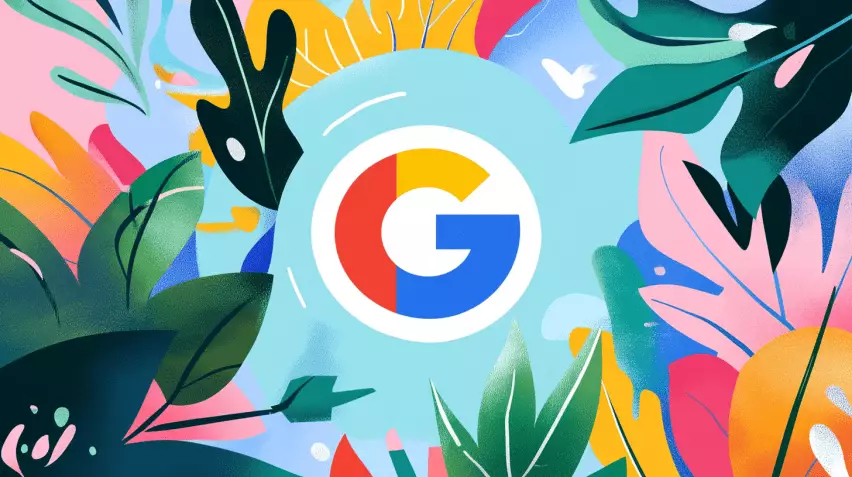Google recently made headlines with the rollout of a major update to its Chrome browser, which incorporates its advanced Gemini AI chatbot directly into the address bar. This move marks a significant step in making AI technology more accessible and could potentially change the way users interact with the internet.
The integration of Gemini AI into the Chrome address bar allows users to easily access the chatbot by typing “@gemini” followed by their query. This seamless integration eliminates the need to visit a separate website or application to engage with AI assistance, making artificial intelligence a default part of the browsing experience for Chrome users.
Google’s Gemini 1.5 Flash, a lightweight version of the advanced language model family, offers users cutting-edge AI capabilities directly from their browser. While not as specialized as the Pro version, the Flash version still provides significant improvements. However, unlike some competitors, Gemini in Chrome lacks contextual awareness of users’ browsing activities, limiting its ability to provide tailored assistance based on specific web pages.
The integration of Gemini into Chrome is part of Google’s broader strategy to infuse AI into its suite of products. This move could have far-reaching implications, especially considering Chrome’s dominant market share globally. The increased accessibility of AI tools may enhance productivity and information access for millions of users, but it also raises concerns about data privacy and the growing influence of AI in our digital lives.
For businesses and technical decision-makers, Google’s integration of advanced AI capabilities into widely used tools like web browsers signals a changing landscape in enterprise software and data management. Companies may need to reevaluate their technology stacks and adapt to the rise of AI-enhanced platforms. Additionally, the update could significantly impact the digital marketing and SEO industries as user behaviors evolve due to AI-assisted browsing.
Google’s latest move can be viewed as a strategic play to maintain its position as a leader in both web browsing and AI technology. By making Gemini easily accessible to its massive Chrome user base, Google is expanding its AI footprint and collecting valuable user interaction data for future AI developments. This demonstrates Google’s commitment to innovation and staying ahead in the AI arms race among tech giants.
As we enter a new era of AI-integrated browsing, the boundaries between traditional web navigation and AI-assisted information retrieval are becoming blurred. This shift signifies a fundamental change in human-computer interaction, with Google at the forefront of this transformation. It is not just about adding a new feature to a browser but reimagining how we access and process information online.
The evolving AI-powered internet landscape presents both opportunities and challenges for users, businesses, and policymakers. It is essential to carefully consider the implications of this technological advancement and how it may shape the future of information consumption and online interactions.


Leave a Reply
You must be logged in to post a comment.